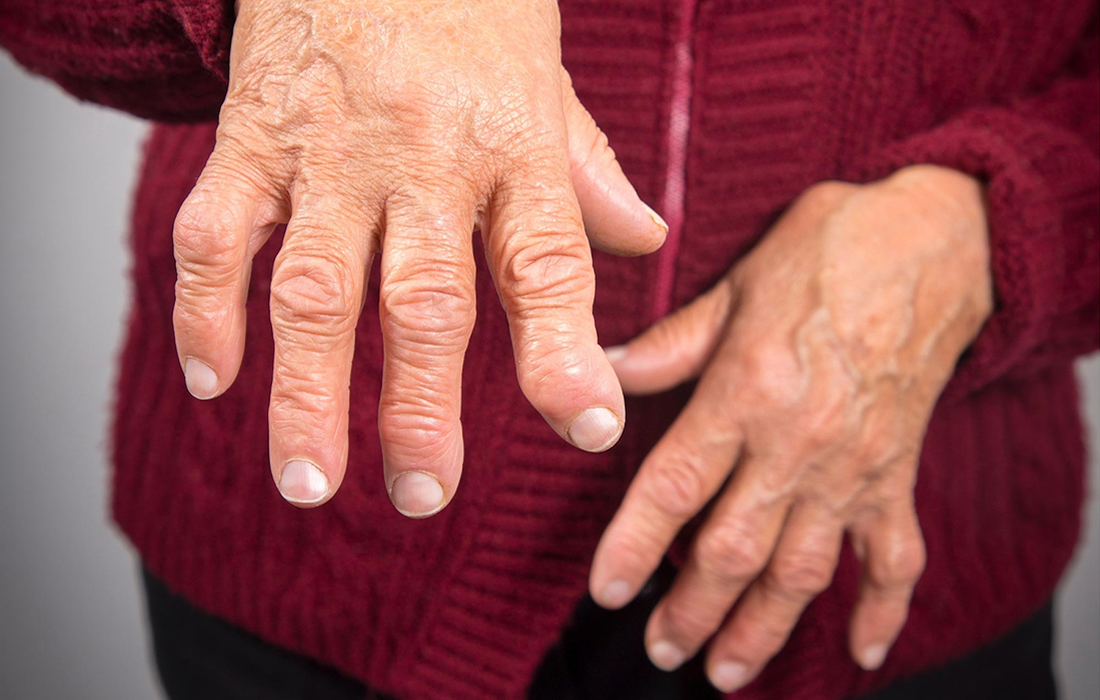Platelet-Rich Plasma
Platelet-rich Plasma Holds Promise in the Treatment of Rheumatoid Arthritis
Rheumatoid arthritis (RA) is an autoimmune disorder essentially triggered by the activation of fibroblast-like synoviocytes (FLS) which in turn triggers a series of inflammatory reactions leading to the disease process.
It is a chronic inflammatory disorder that can affect more than just the joints. In some people, the condition can damage a wide variety of body systems including the skin, eyes, lungs, heart and blood vessels.
Unlike the wear-and-tear damage of osteoarthritis, rheumatoid arthritis affects the lining of your joints, causing a painful swelling that can eventually result in bone erosion and joint deformity.
The inflammation associated with rheumatoid arthritis is what can damage other parts of the body as well. While new types of medications have improved treatment options dramatically, severe rheumatoid arthritis can still cause physical disabilities.
Current Treatment Options
The treatment of the disorder has been closely evolving with an understanding of its pathogenesis. Before the middle of the 1980s, the drugs used were non-steroidal anti-inflammatory drugs and steroids. Then the main modality of treatment was through the disease-modifying antirheumatic drugs (DMARDS).
Decoding the molecular basis of inflammation in RA opened new arenas in its management with the introduction of biologic DMARDs. These medications are rapidly acting but they can cause several side effects. Also their cost limits their use as first line medications.
Alternative Treatments
Platelet-rich plasma (PRP) has been used and studied for many years in different medical specialties, including orthopedics, sport medicine and dermatology.
PRP has shown in multiple studies that the factors that contain, released by platelets can stop inflammation, reverse the inflammatory changes and accelerate the natural healing process.
Platelets have immunomodulatory properties. In RA, their number and activation correlates with the disease activity. The proinflammatory products released in RA and the products of articular cartilage degradation lead to recruitment and dysregulated activation of platelets. There also exists a crosstalk between the immune cells and platelets by which platelets modulate both innate and adaptive immunity.
Research Studies
Available animal studies on pigs, rats , and mice show encouraging molecular, histologic, and clinical results. There has been no evidence of exacerbation of inflammation in these studies.
Human study, a case series by Badsha et al, has shown encouraging results in RA not responding to steroids.
Preclinical studies have shown a decrease in the disease activity and with no major adverse reactions presented. Also, in vitro studies have shown suppression of inflammation. The available research is encouraging towards the use of PRP in RA, but larger trials are needed to understand the exact role of platelets in the disease pathogenesis and to standardize the treatment for RA.
Sources:
Chellamuthu G, Muthu S, Khanna M, Khanna V. “Platelet-rich plasma holds promise in management of rheumatoid arthritis”-systematic review. Rheumatol Int. 2021 Nov;41(11):1895-1903. doi: 10.1007/s00296-021-04849-9. Epub 2021 Apr 8. PMID: 33834280.
https://www.mayoclinic.org/diseases-conditions/rheumatoid-arthritis/symptoms-causes/syc-20353648
Image from:

